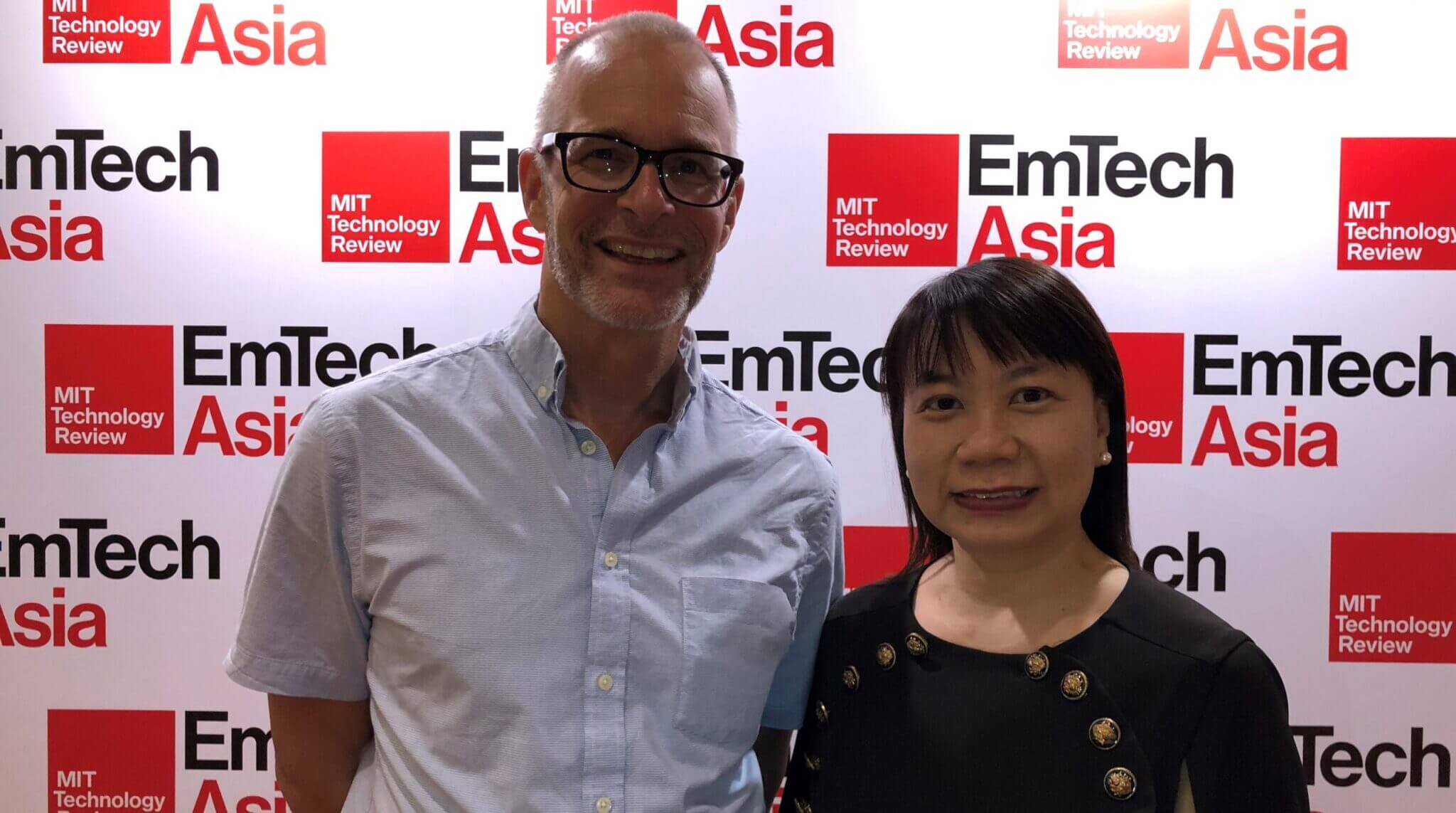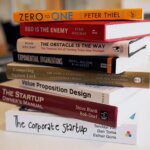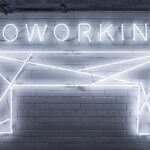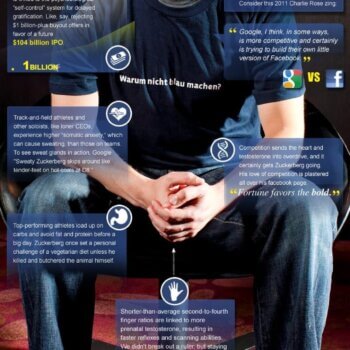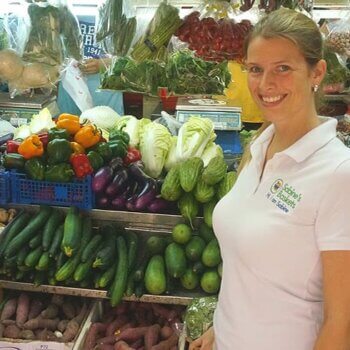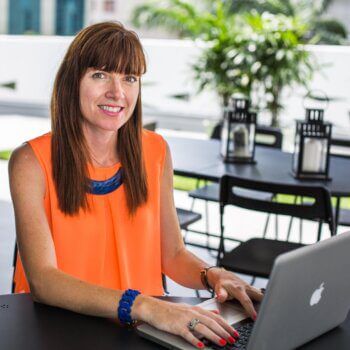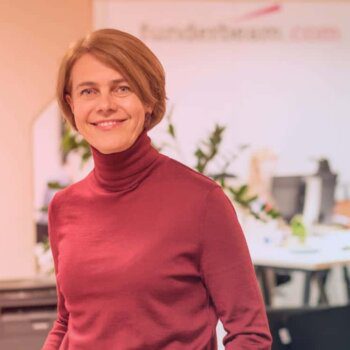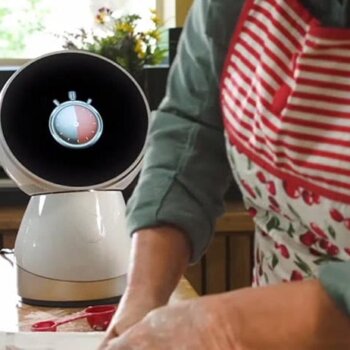I was at EmTech Asia 2019 in Singapore and I had the opportunity to talk to Andrew Hessel, CEO, Humane Genomics. EmTech Asia is where the world’s most influential leaders and innovators driving the next generation of technological breakthroughs gather.
Like any story-teller, Andrew Hessel intends to write his own story. He in fact wants to help re-write the story of the entire human species. He does this in his work at Humane Genomics Inc., which is making designer viruses to give cancer the flu. As he describes this to me, “We have incredible brains that can dream in real life. We create 3D printers. Yet a single cell is the most incredible 3D printer that exists because it makes thousands materials of compounds from basic elements – carbon, hydrogen, nitrogen, oxygen, and so on – and can even make more of itself. It is a 3D printer that makes more 3D printers. And it is completely programmable: all life from bacteria all the way to you and me and whales and every other animal is all built from the same code.”
A lifelong advocate and expert on DNA, he worked for a large pharmaceutical in his career and realized how unaffordable the solutions they were creating were for the people who needed these interventions to live. Unable to accept this as the only solution, he began at the root of it all, the DNA code, and explored how to change this. More importantly, how to change the narrative and the false beliefs about what can and cannot be done within biological systems. (https://www.youtube.com/watch?v=_ZwTNxZa9C8)
Hessel wants us to write DNA code to solve humanity’s greatest challenges. He has spent the greater part of his career networking and speaking and teaching how to do this.
Synthetic biology has the potential to create new organisms that nature cannot. In his words: “Nature has species barriers – you do not have that at the level of DNA code. You can take a bit from a fish, a bit from a plant, a bit from a human and make something that is brand new. We can go and program these living machines to 1) fix the damage that we have done and 2) start to make things that sustain us using a sustainable technology and 3) start to think about how we take this technology of programming living things and use it to go even beyond the Earth. We are establishing Moon and Mars bases. We need to think how to generate air, water and food.”
What you must understand is that Hessel is no ordinary man. He has a grounded energy and also a volcanic clarity as to what he is doing. There are of course more detractors than followers. At each of the conferences he speaks at, he gathers the interested, the confused, the naysayers and the ambassadors and he simply keeps going from conference to conference like the Pied Piper playing this same tune, hoping more and more of us will wake up to the deep and powerful biological potential that we have in us. His frustration is clear when he reminds us that most engineering creates big, dead things, like buildings or cars, and we still know and have mastered so little about the materials and systems that make living things, including humans.
His premise is that the cell is a machine. For over a century, researchers have reversed engineered the mechanics of it (work that is still ongoing). Now, we are beginning to learn how to program it. This comes with an awesome responsibility: We are the parent of whatever we create with biotechnology – and like all parents, we need to expect that the child will go beyond what we intended. It will go and divide (have children of their own) and have experiences and enter ecosystems – a life of their own that we cannot imagine. As parents, we must do the best we can to create a safe environment to train our children and to prepare them for the real world (the lab), and to protect citizens and society if and when we set them free.
Hessel is also a big advocate of open source genetic engineering, even for his cancer-fighting viruses. He believes it creates a foundation like the internet that can support a diverse ecosystem of business models that compete on top of this layer. Are there dangers to doing genetic engineering open source? He believes digital computing provides some key insights here.
Open source operating systems like Linux have proven highly robust and today form the backbone of the internet. Furthermore, he states that while some people create computer viruses, many more build digital immune systems. The difference with biology is, number one, most people do not use it as a weapon today. We can get ahead into the curve and build security into our design-build-test tools, and two, biology has always been in a state of warfare. As humans, we have this incredible immune system that defends us from threats. But even simple bacterial cells have an immune system to protect themselves against virus attack – one that has recently been harnessed for CRISPR-based gene editing. Biology is really well-defended, to get around these protections is hard.
Hessel is the co-founder of the Genome Project-write, the international scientific effort working to engineer large genomes, including the human genome, and an active early member of the International Genetically Engineered Machine (iGEM) competition.
iGem is an independent, non-profit organization dedicated to education and competition, the advancement of synthetic biology, and the development of an open community and collaboration. iGEM began in January 2003 as an independent study course at the Massachusetts Institute of Technology (MIT) where students developed biological devices to make cells blink. This course became a summer competition with 5 teams in 2004 and has continued to grow ever since. As of 2018, the program has had over 42,000 participants. The world wants in on writing their new DNA story.
Hessel’s current work is using his customized viruses to treat dog cancers. He believes these are the best subjects for his trials. Dogs are treated as family members and get many of the same cancers that we do. We want to give them the best, most humane treatments possible – treatments that his team is starting to generate.
What is the Future?
Hessel says that biology is like a computing platform, there are no limits. He prefers to work bottom up, so he is making the simplest organisms, viruses. But he is also pleased to be a co-founder of the Genome Project-write, which is working to build a global community that is keen to design and build larger genomes, like the genomes of plants and animals, and also the human genome. But he is always working on new projects, like a better DNA synthesizer, or helping entrepreneurs get their company started or investors understand a new technology. He loves the role of connector and a catalyst because biology is bigger than all of us. There is no scarcity, just abundance, and we are still at the very beginning of this journey.
